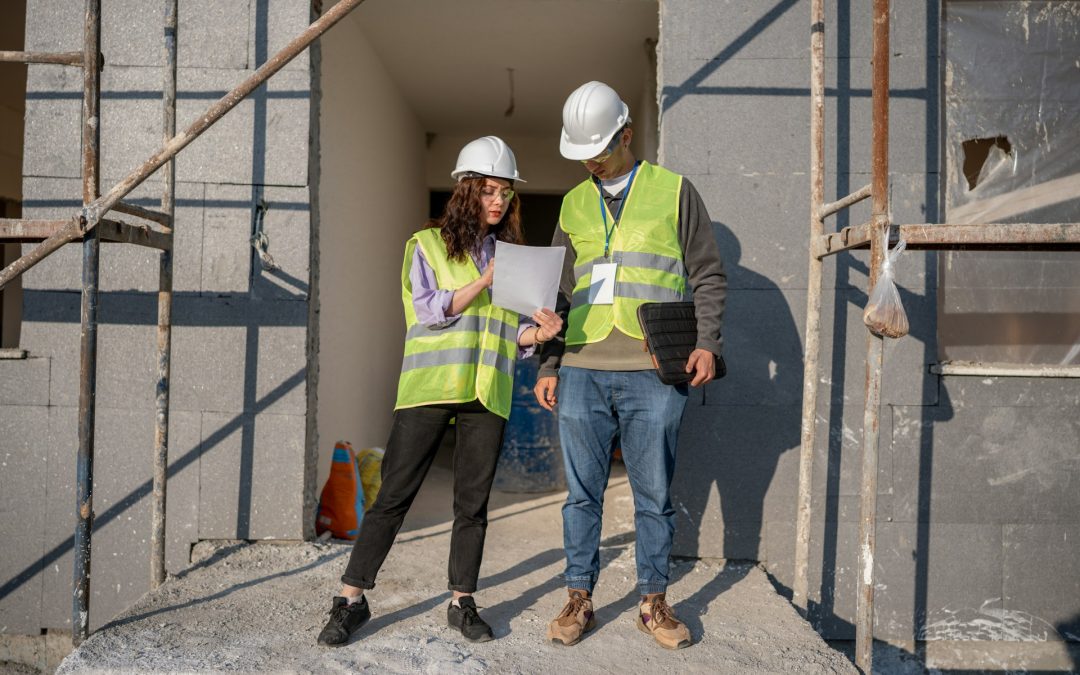Building a home can be an exciting yet challenging experience. The process can sometimes feel overwhelming, but with proper planning, you can make it much smoother and more enjoyable. Whether it’s your first build or an additional project, taking the time to plan each step can save you money, time, and stress.
Establish a Realistic Budget
Creating a realistic budget is the foundation of a stress-free home build. It starts with knowing what you can afford and being honest about your financial limits. This step prevents headaches down the line and keeps your project running smoothly.
Start by calculating all your costs. This includes land purchase, materials, labour, permits, and any unexpected expenses. Having a detailed list helps you understand the full scope of your expenses. Make sure to add a buffer for unexpected costs, as they are almost guaranteed during any build.
Next, prioritise your spending. Decide what aspects of your home are most important to you. You might want to splurge on a modern kitchen but save on other areas like landscaping or paint finishes. Knowing where to allocate your funds ensures you get the most value without overspending.
It’s also wise to consult with a financial advisor or an experienced builder to review your budget. They can provide insights and suggest ways to save while maintaining quality. Being thorough with your budget avoids financial strains and keeps your home build on track.
Choose the Right Building Team
Selecting the right building team is crucial to the success and stress levels of your home build. A reliable, experienced team ensures that the project runs smoothly and meets quality standards.
Start by researching potential builders and contractors. Look for those who have good reviews and can show you examples of their work. Personal recommendations from friends or family members who’ve had successful builds are also valuable.
Interview multiple candidates to find the best fit. Ask them about their experience, previous projects, and how they handle challenges. It’s important to feel comfortable with your team, as you’ll be working closely with them over several months.
Check their credentials and references. Make sure they are licensed and insured. Contact their references to get a sense of their reliability and the quality of their work.
Clear communication is key. Ensure that your chosen team understands your vision and budget. Having regular meetings and open lines of communication helps in addressing any issues promptly and keeps the project on track. With the right team, your home build can be a smooth, enjoyable process.
Define Your Design and Requirements
Having a clear idea of your design and requirements is vital to a successful home build. Start by listing out your needs and wants. This helps to ensure your home serves its purpose and meets your lifestyle needs. Think about the number of bedrooms, bathrooms, the layout of the kitchen, and other specifics that are important to you.
Work closely with an architect or a designer to bring your vision to life. They can help you understand what is feasible within your budget and offer suggestions to improve functionality and aesthetics. Make sure to communicate openly with your designer to avoid any misunderstandings.
Prepare detailed blueprints and specifications. The more precise you are, the better your building team can execute your vision. Include details on materials, fixtures, and finishes. This helps to avoid changes and additions later, which can delay the project and increase costs.
Consider the future as well. Think about potential needs you might have down the line, such as additional family members or accessibility features for older age. Planning ahead ensures your home remains functional and comfortable for years to come.
Monitor Progress and Stay Flexible
Monitoring the progress of your home build is crucial to ensuring everything goes according to plan. Make it a point to visit the site regularly and stay in close touch with your building team. This helps you catch any issues early and address them promptly.
Keep track of timelines and milestones. Ensure that different stages of the build are completed on time. Delays can be costly and stressful, so it’s important to stay on top of the schedule. If you notice any lags, discuss them with your builder to find a solution.
Stay flexible and be prepared for changes. Unexpected challenges can arise, and sometimes plans need to be adjusted. Being adaptable helps you manage these changes without too much stress. Keep open lines of communication with your team, so any necessary adjustments can be made efficiently.
Document progress with photos and notes. This not only helps you track the build but also serves as a reference for future projects. It’s a practical way to ensure that you have a record of what was done, which can be useful for maintenance or improvements later on.
Conclusion
Building your home can be an exciting journey when done right. With the right approach, you ensure the process is smooth and enjoyable. Planning, communication, and flexibility are your best tools for achieving a successful outcome.
Are you ready to start building your dream home? Contact us at Euroka Projects today to discuss your plans and ensure a stress-free home build with our expert team. Let our house builders in Sydney bring your vision to life!

